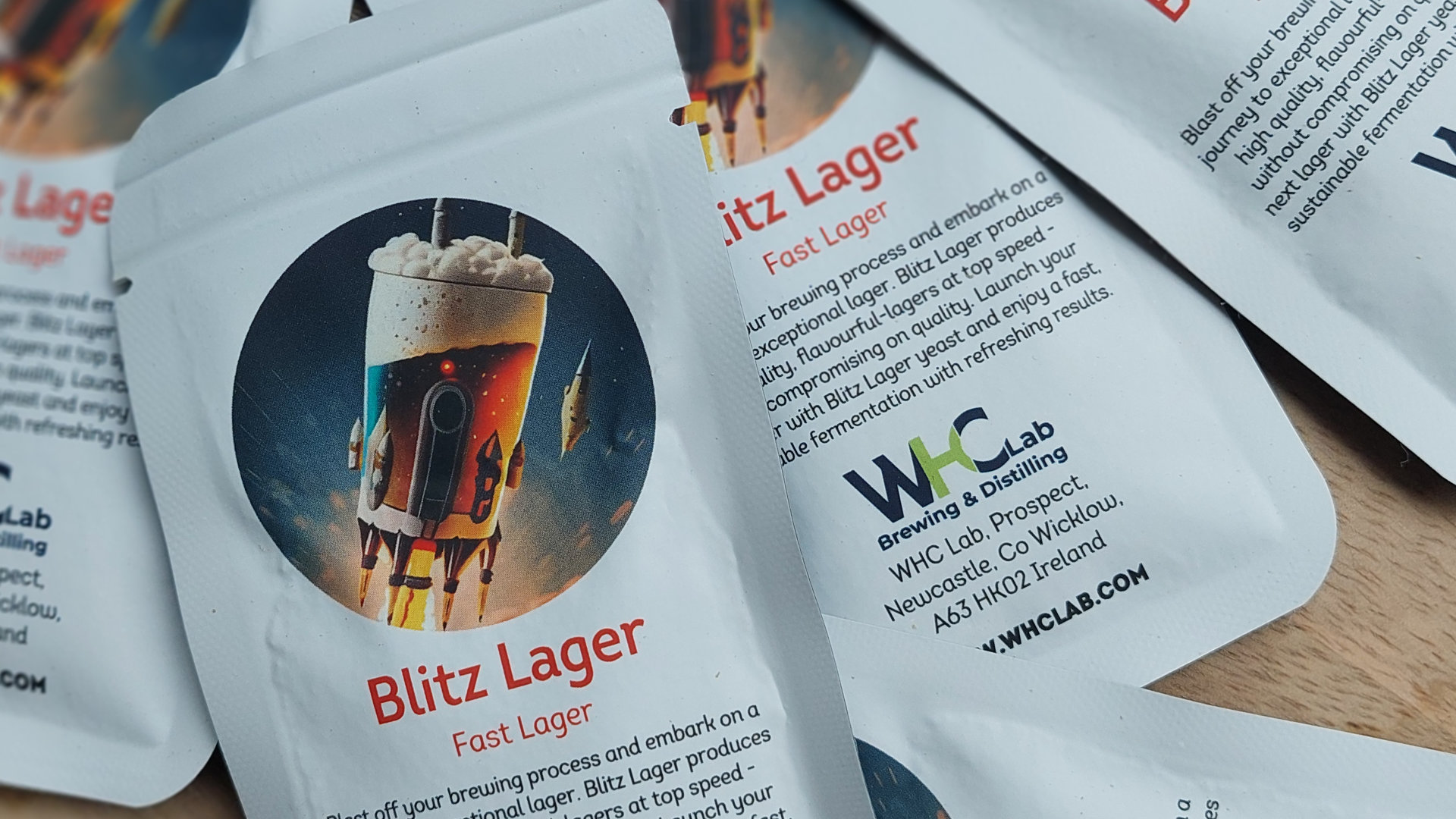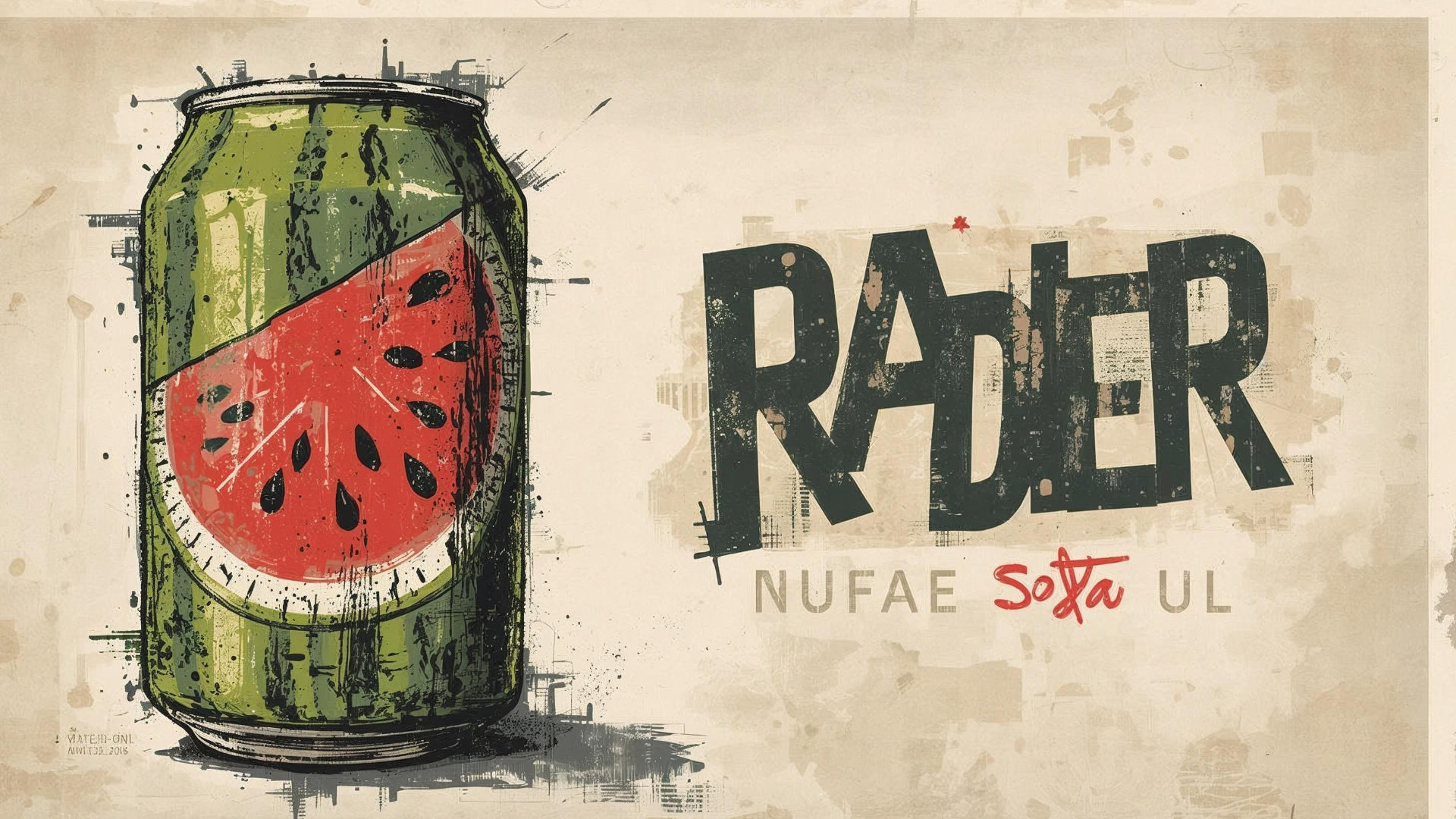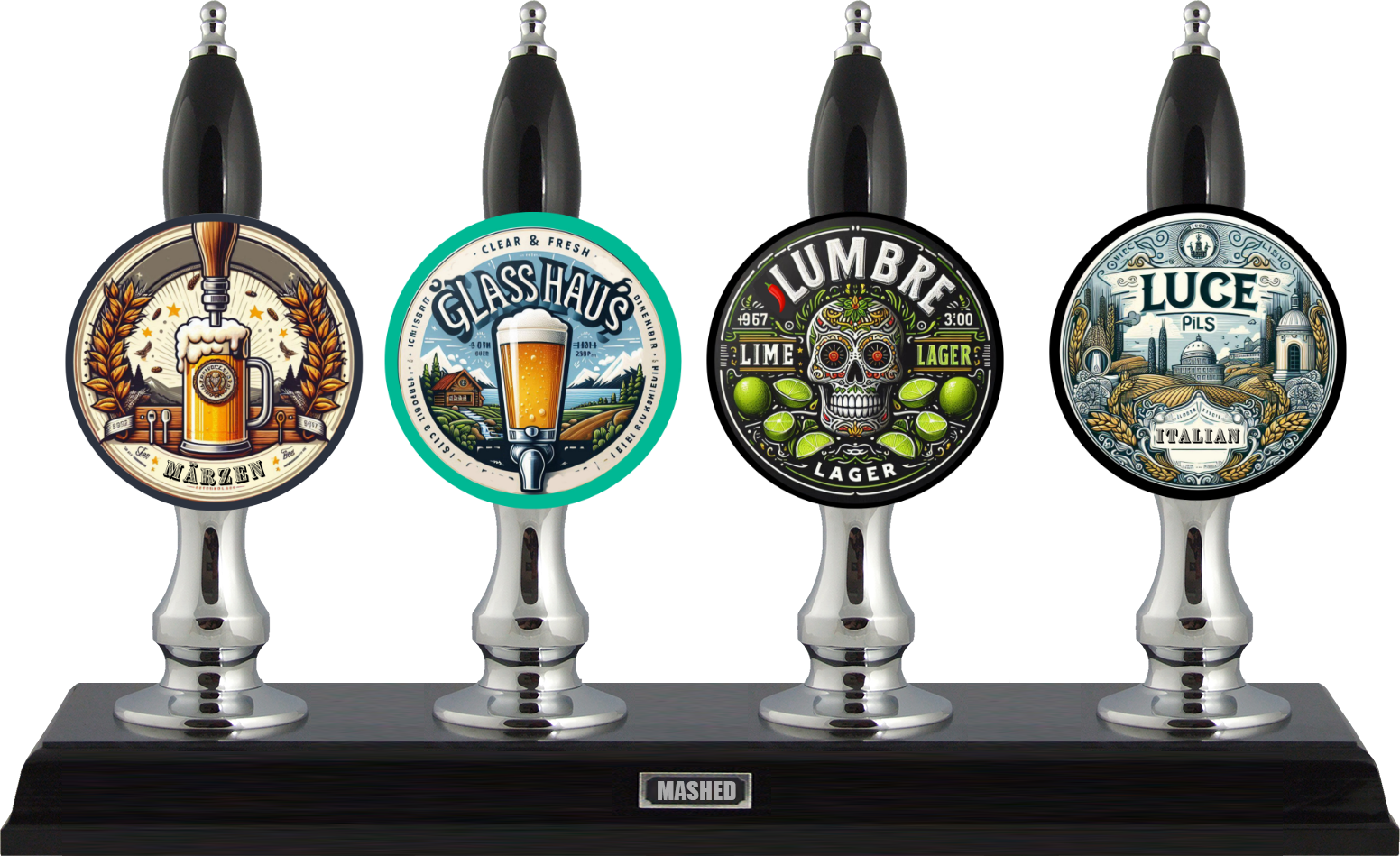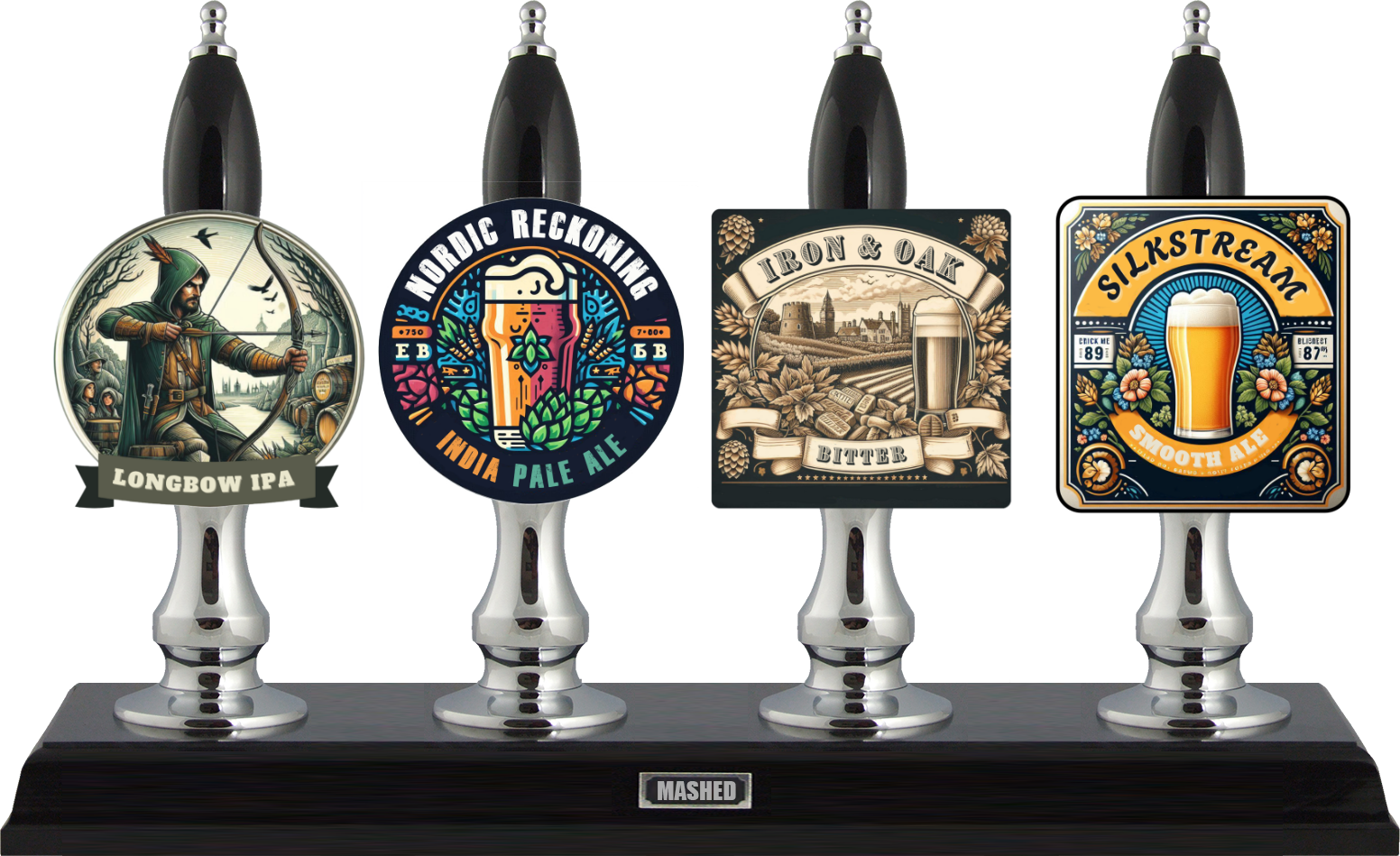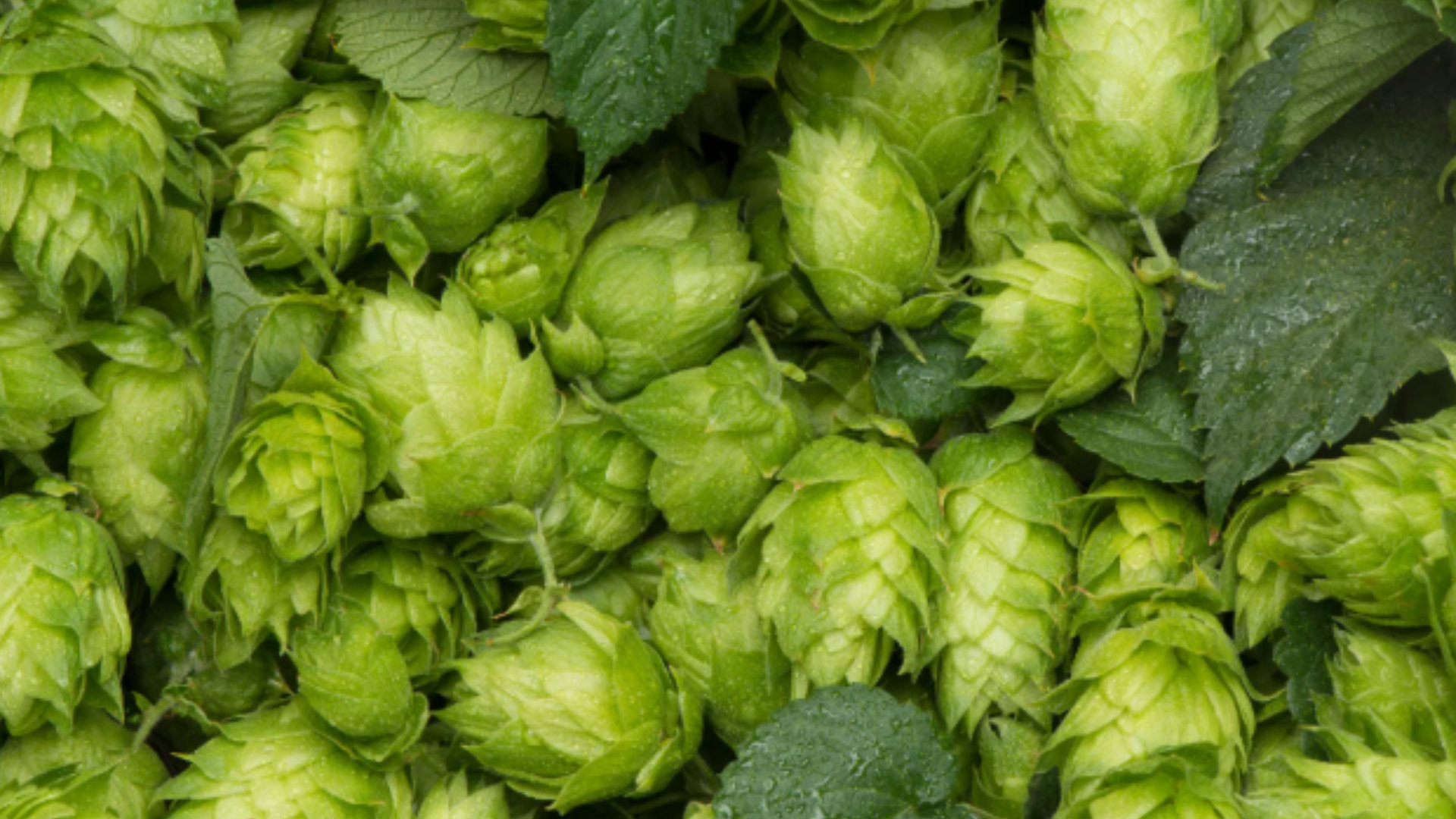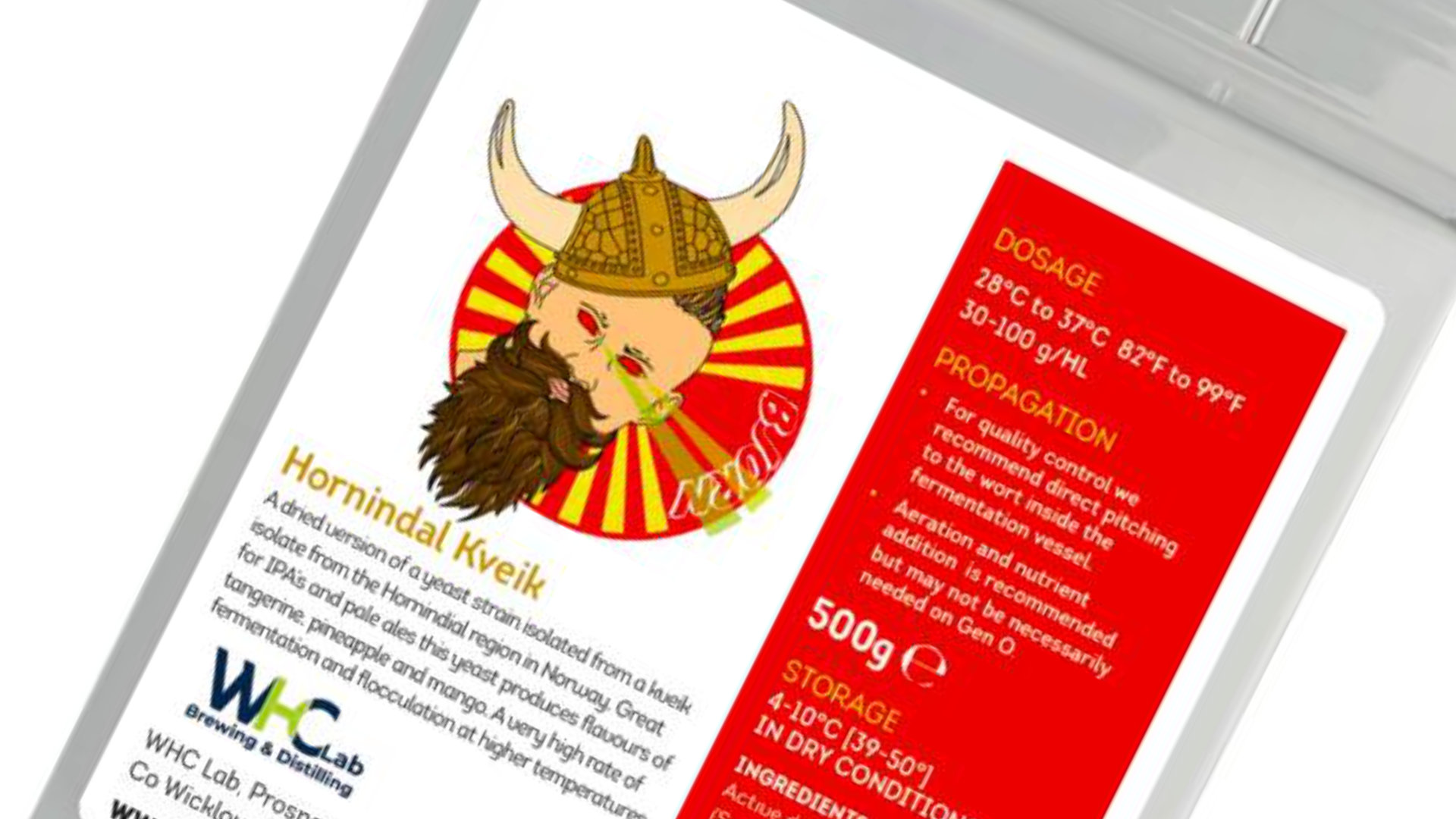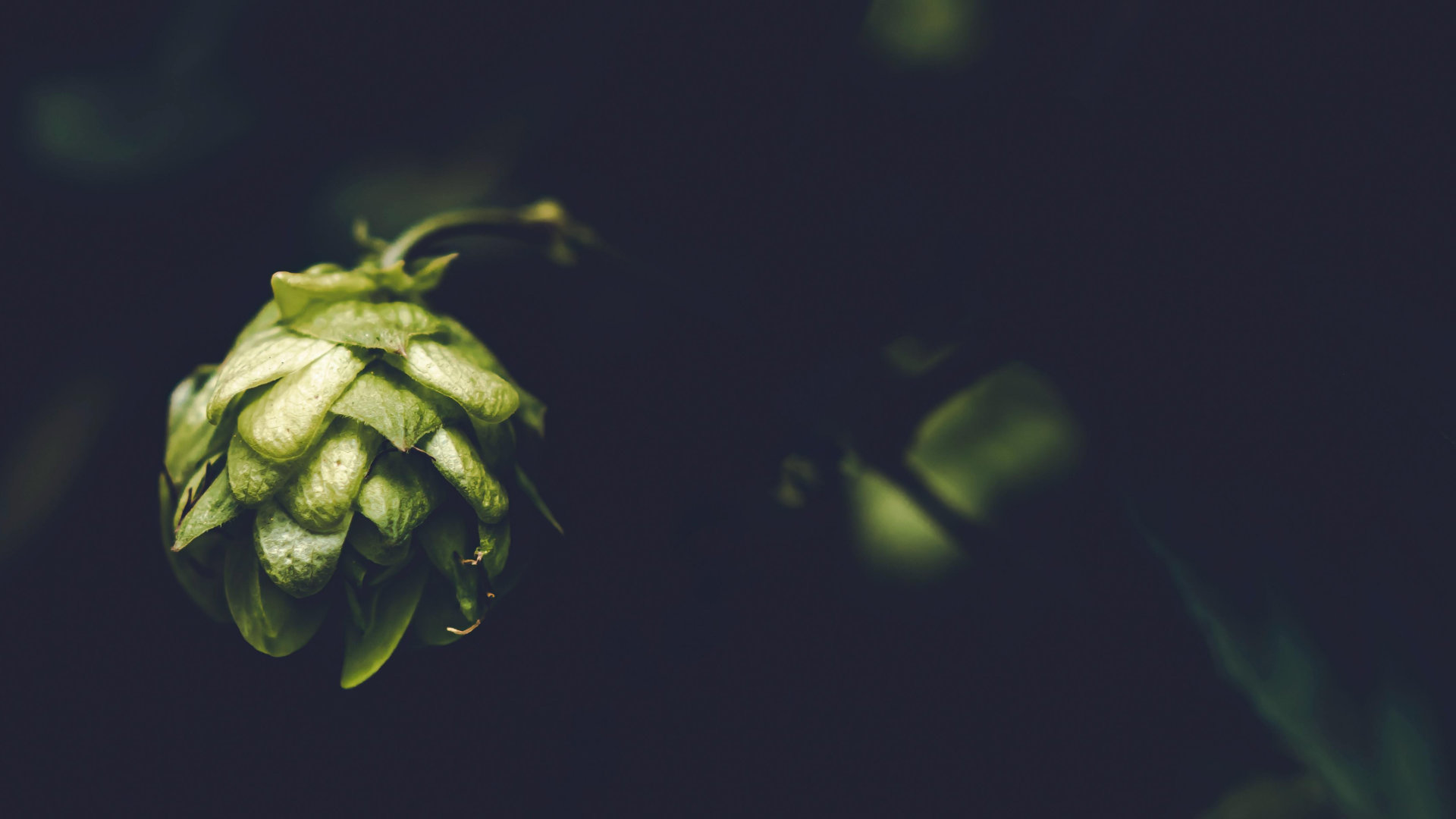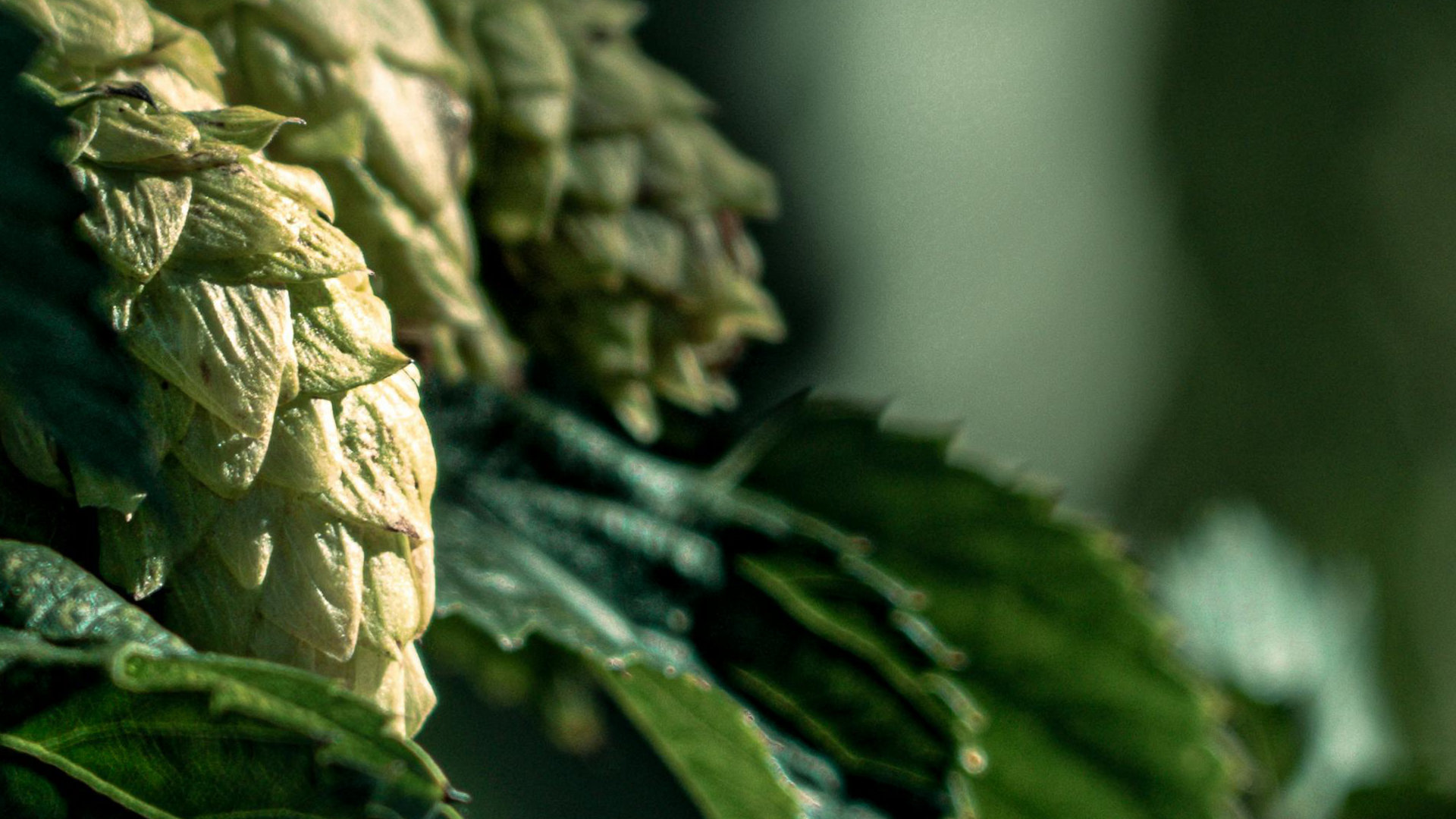While the use of hops in brewing seems obvious to us these days, not just an ingredient, but as a symbol of Britain’s brewing heritage, it wasn’t always the case. Before hops arrived in Britain, beer was often made with gruit - a mix of bittering and flavouring herbs like yarrow, wormwood and heather. Hops were initially seen as foreign, suspicious even, and records from the 15th century show that in towns like Norwich and Shrewsbury, hops were outright banned. However, over the years, despite fierce resistance, the benefits of hops, especially their preservative qualities, eventually won over brewers and drinkers alike.
First cultivated in the Low Countries (modern-day Belgium and the Netherlands) in the 13th century, hops made their way over to England via Flemish immigrants, with the first successful hop yards planted near Canterbury in Kent around 1520. By 1655, hopped beer had overtaken gruit ale in popularity, and hop cultivation had spread to 14 counties. The 19th century marked the golden age of British hop farming. In a good year, half a hectare of hops could be more profitable than 20 hectares of arable land! And by 1878, hop cultivation peaked at 29,000 hectares, with 3,000 hop growers, mostly in Kent, Herefordshire, and Worcestershire. But the challenges of the 20th century - World War I, changing tastes, and the rise of lagers - led to a decline in hop growing. By the 1950s, 28,000 hectares remained in the UK; that number has subsequently plummeted to just 1,000 hectares, with less than 50 hop growers.
“All British hops share the same wonderful ‘terroir’ – great soils and a mild maritime climate with even rainfall throughout the year... It is this special and sustainable terroir that gives our hops a lower level of myrcene than hops grown anywhere else in the world. It is lower myrcene that makes the aromas so delicate and complex and so good at helping you to brew the best session beers in the world (in our humble opinion).” - The British Hop Association
Thankfully, the story doesn’t end there. The modern craft beer movement has sparked a revival of interest in traditional British hop varieties like Fuggles, Goldings, and Challenger, as well as new UK-bred hops with modern flavour profiles. While it can take up to ten years to develop a commercially viable hop variety, there are now 34 commercial British aroma hop varieties in the UK (up from 13 in 1998), including Beata (honey, apricot, almond), Pilgrim (spicy, citrus, pears) and Olicana® (mango, grapefruit, passion fruit). Let’s support our domestic hop growers by enjoying British hops in our brews!
Turn to page 30 to read more about Fuggles, Goldings, and Challenger.


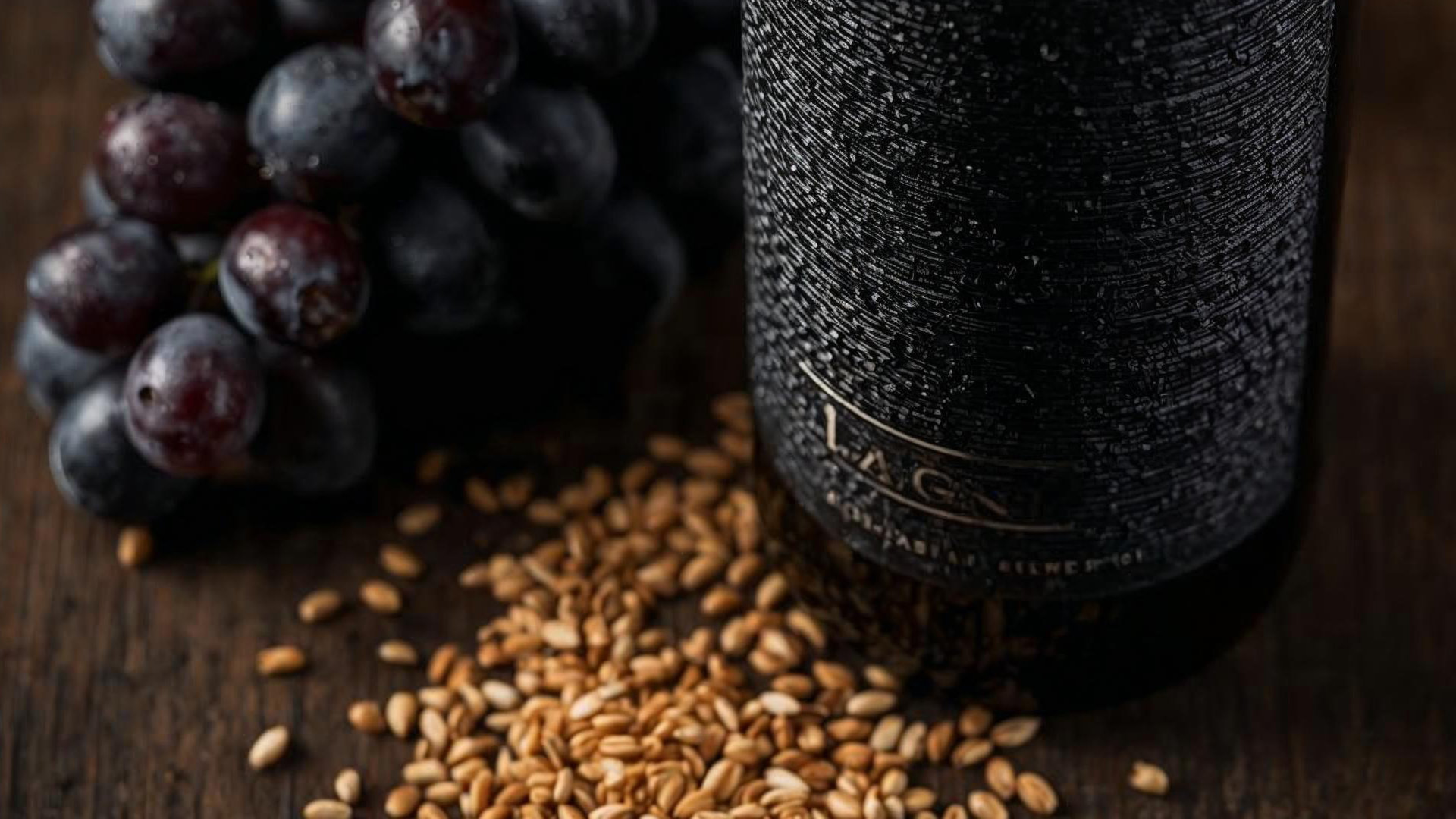
.jpg)
